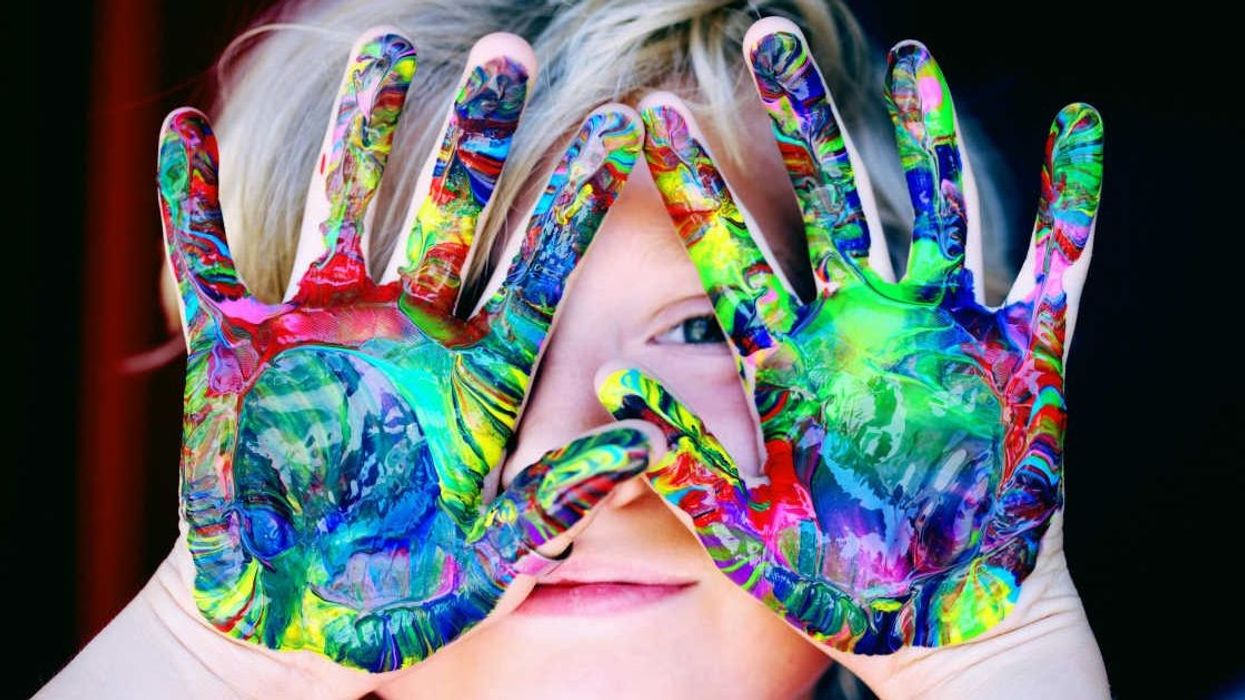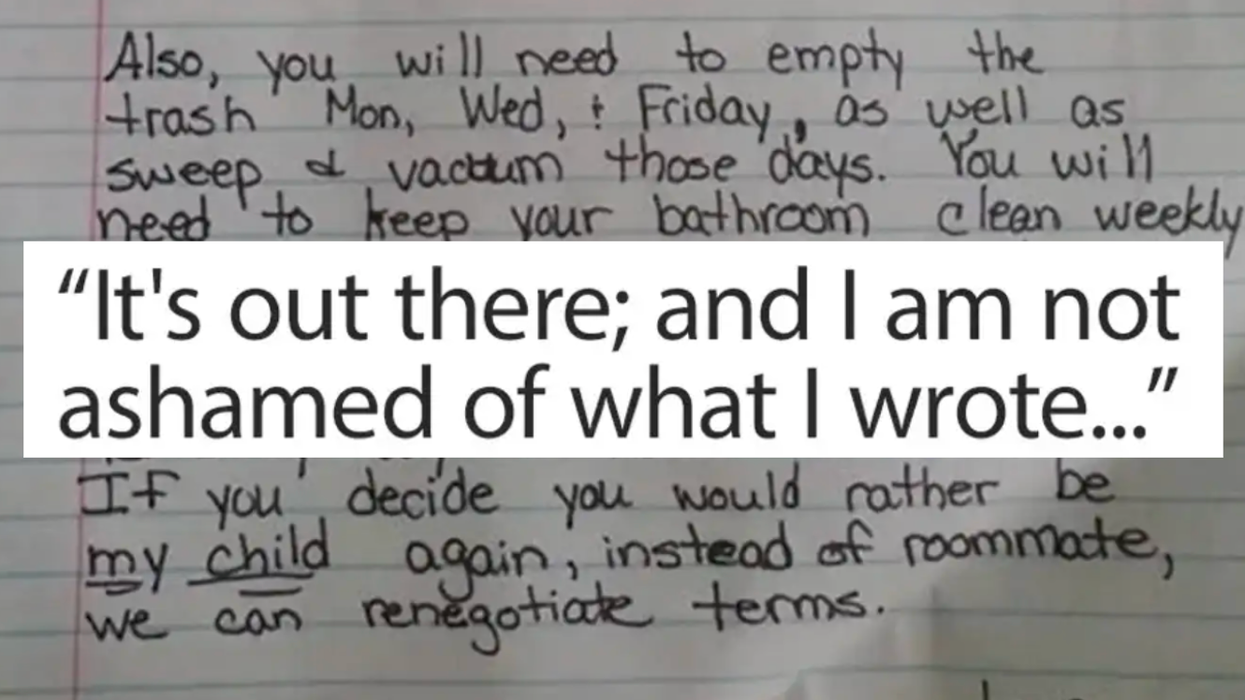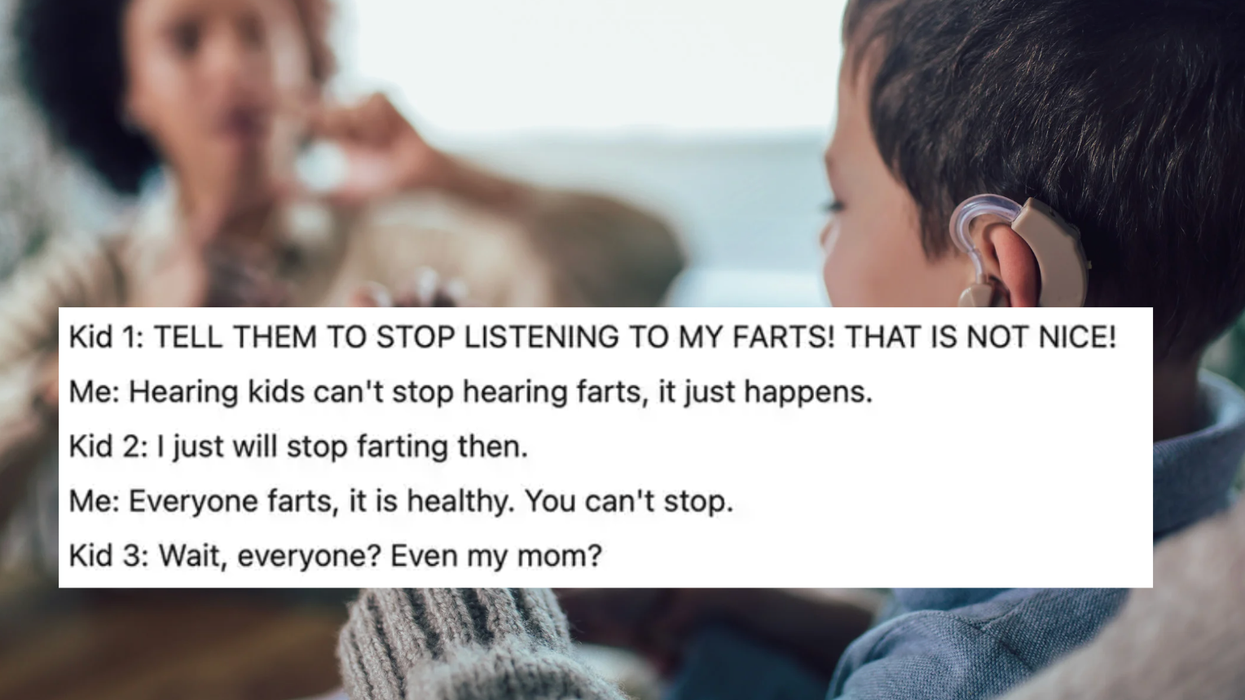The United States' current education model tends to stifle student creativity and innovation in favor of training docile worker bees. According to Yong Zhao, an expert on global education at the University of Oregon, a too-narrow view on what skills are "useful" to American society could eliminate a generation of artistic prodigies like Lady Gaga.
Beyond the meat dress and other red carpet antics, Lady Gaga is an entrepreneur who employs countless designers, choreographers, dancers, and stylists. If she'd been educated at a school that didn't encourage artistic and musical capacities, she'd probably be working in a random office doing who-knows-what.
If you're sick of Gaga, that might seem like a great idea, but the broader point is that budding artists of any kind need some help to become stars. And they're not likely to get that help these days, because the government tend to have a narrow view of which talents are worth cultivating. Indeed, over the past decade, the federal government has pushed standardized test-heavy education reforms like No Child Left Behind and Race to the Top while eliminating instructional time for art and other creative pursuits.
Yong writes that in his hometown in China, skilled farmers and buffalo herders are seen as the most useful jobs, so Lady Gaga might have been forced to pursue one of those paths instead of her passion. The story in American schools may be slightly less extreme, but the point remains: art and music aren't seen as useful or necessary skills here either, so too many schools continue to "educate" away the passion and raw talent students bring to the table.
So whether you're a Gaga fan or not, you should be rooting for kids to follow in her footsteps. Stifling artistic talents, especially from people who also have an entrepreneurial streak, wouldn't be good for the American economy.
Photo via Wikimedia Commons
















 Otis knew before they did.
Otis knew before they did.